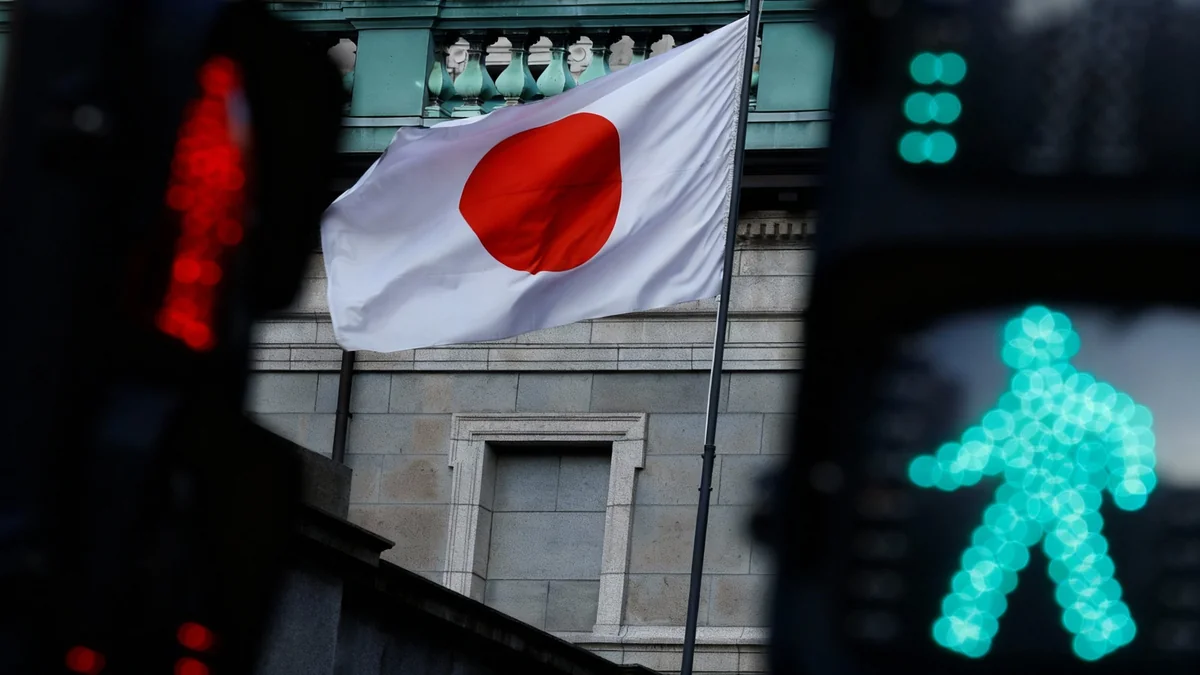JPMorgan Chase and Bank of America, the nation's two largest banking institutions, have formally acknowledged President Donald Trump's executive order targeting 'debanking' in their recent quarterly filings with the Securities and Exchange Commission (SEC). Both financial giants disclosed they are actively responding to inquiries from government authorities regarding their policies for providing or discontinuing financial services to customers.
Key Takeaways
- JPMorgan Chase and Bank of America have reported in SEC filings that they are addressing government inquiries related to President Trump's August executive order on 'debanking'.
- The executive order aims to investigate and curb what the administration calls "politicized or unlawful debanking activities."
- These disclosures follow public comments from President Trump in January, where he accused the banks of not being open to conservatives.
- The banks maintain they do not make account decisions based on political affiliation, but are engaging with the administration and Congress on the matter.
Regulatory Scrutiny Intensifies
The disclosures signal a new phase of regulatory and political pressure on the financial industry. In its filing, JPMorgan Chase stated it “is responding to requests from government authorities and other external parties regarding, among other things, the Firm’s policies and processes and the provision of services to customers and potential customers.” The bank noted that some of these matters are in various stages, including reviews and investigations.
Similarly, Bank of America confirmed it is also engaged with official bodies. The bank's filing mentioned it is “responding to demands and requests regarding ‘fair access to banking,’ including those resulting from [the August order].” This order has directed federal agencies to review how financial institutions manage client relationships, particularly decisions to close accounts.
What is 'Debanking'?
'Debanking' refers to the practice of a financial institution closing a customer's account. While banks have the right to terminate relationships for various reasons, including risk management and legal compliance, the term has gained political significance. Critics allege that some banks have used this power to deny services to individuals or businesses based on their political views or their industry, such as firearms manufacturing.
Presidential Pressure and Public Statements
The executive order and subsequent regulatory inquiries did not emerge in a vacuum. The issue was brought to the forefront earlier this year during the World Economic Forum in Davos, Switzerland. In a public exchange, President Trump directly addressed Bank of America CEO Brian Moynihan.
“I hope you start opening your bank to conservatives, because many conservatives complain that the banks are not allowing them to do business within the bank, and that included a place called Bank of America,” President Trump stated in January. He also included JPMorgan Chase CEO Jamie Dimon in his remarks, adding, “I hope you’re going to open your banks to conservatives because what you’re doing is wrong.”
In response to these accusations, both banks have consistently denied that political views are a factor in their business decisions. A Bank of America spokesperson clarified the bank's position earlier this year.
“We never close accounts for political reasons and don’t have a political litmus test,” the spokesperson said, adding that the bank would engage with the administration on government regulations that can influence decisions to exit client relationships.
Legal Actions and Past Precedents
The Trump family has also pursued legal action on this issue. In March, the Trump Organization sued Capital One, alleging the lender closed its accounts following the events of January 6, 2021, for political reasons. Capital One has denied these claims, stating it “does not close customer accounts for political reasons.”
A Broader Shift in Regulatory Focus
The administration's focus on debanking is part of a wider effort to reshape regulatory priorities in the financial sector. Federal agencies, including the Office of the Comptroller of the Currency (OCC), the Federal Deposit Insurance Corp. (FDIC), and the Federal Reserve, have begun to remove reputational risk from the criteria used by examiners to evaluate banks.
This move is seen as a direct response to concerns that banks were using reputational risk as a justification to deny services to legal but controversial industries. Jonathan Gould, the Comptroller of the Currency, confirmed in a recent conference that OCC examiners are now checking if major banks have eliminated policies that discourage business with sectors like the firearms industry.
Policy Reversals and Industry Response
Financial institutions are already adapting to the new political and regulatory landscape. Several notable policy changes have occurred this year:
- Firearms Policy: In June, Citigroup abandoned a policy established after the Parkland school shooting that restricted firearms sales by its retail clients.
- DEI Initiatives: In February, major banks began to reframe or remove sections related to diversity, equity, and inclusion (DEI) from their internal manuals, following a separate executive order from the Trump administration.
These actions demonstrate a tangible shift in corporate policy in response to directives from the executive branch. The recent SEC filings from JPMorgan and Bank of America suggest that the financial industry is treating the 'debanking' order with similar gravity. While the ultimate outcome of the government reviews remains uncertain, the nation's top banks are now on record acknowledging the pressure, setting the stage for potential changes in how they manage customer accounts and navigate the intersection of business and politics.





